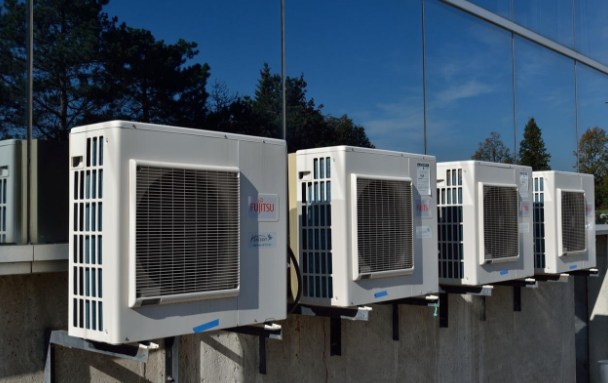When it comes to maintaining comfort in your home, your HVAC (Heating, Ventilation, and Air Conditioning) system plays a pivotal role. Whether you’re gearing up for a scorching summer or a brisk winter, ensuring your HVAC system is functioning optimally is essential. Before reaching out to a local HVAC technician for repairs or replacement, it’s important to arm yourself with the right questions. This not only helps in making informed decisions but also ensures the longevity and efficiency of your heating and cooling system.
Understanding Replacement Needs
Investing in a reliable HVAC system is a significant decision for any homeowner. It’s important to assess whether your current system needs replacement or a simple repair. Consulting with an experienced technician can provide insights into the health of your system and the best course of action.
The ever-changing technology in HVAC systems can make older models inefficient over time. Knowing when to upgrade can save you unnecessary repair costs and increased energy bills. A professional’s evaluation will help determine if your unit is beyond its prime and ready for replacement.
Your local technician is a critical resource when determining the right time to replace your unit. Regular maintenance can prolong the life of your HVAC system, saving money in the long run. It’s noteworthy that more than 3 million heating and air conditioning systems are replaced each year in the U.S.; this statistic underscores the importance of staying updated with system evaluations.
Prolonging System Lifespan
One of the most valuable aspects of maintaining an HVAC system is understanding how to extend its lifespan. Proper maintenance, conducted regularly, can make a significant difference in the longevity of these systems. By scheduling routine check-ups, you ensure that the system remains efficient and effective throughout its expected life cycle.
Listening to expert advice on maintenance procedures can prevent inconvenient breakdowns and costly repairs. This often involves performing a series of checks and balances, including cleaning filters and inspecting ducts. Such proactive measures are instrumental in facilitating a system that could last up to 20 years, as stated by This Old House.
Investing in preventative maintenance is key to ensuring the durability of your HVAC system. A well-maintained unit is also an energy-efficient unit, which is crucial as half of the energy bills homeowners face goes to heating and cooling. Thus, establishing a steady maintenance routine not only extends the system’s lifespan but also reduces the overall energy expenditure associated with your home.
Managing Energy Costs
As energy costs continue to rise, the role of an efficient HVAC system becomes increasingly critical. Many families are seeking ways to reduce their yearly energy expenses, which often amount to over $2,000. An energy-efficient HVAC system offers a pathway toward significant savings.
Ensuring your system is running efficiently is not just about comfort; it’s a financial consideration. An older, less efficient system could lead to higher energy bills, adding unnecessary strain on your household budget. This is where expert guidance from your technician becomes invaluable, guiding decisions to optimize system performance.
By integrating modern energy-saving techniques and technologies, your HVAC system can operate with maximum efficiency. This involves selecting the right size units and configurations that suit the specific needs of your home. Through thoughtful management of your HVAC system, significant reductions in energy costs are achievable, benefiting both the environment and your bank account.
Engaging with your local HVAC technician with pertinent questions is crucial for making informed decisions about your home comfort systems. Understanding when to replace your system, maintaining its longevity, and managing the associated energy costs can lead to a more efficient home and cost savings in the long run. Armed with the knowledge from these inquiries and maintaining a proactive stance on system care, you ensure not only a comfortable home environment but also the wise use of resources.









